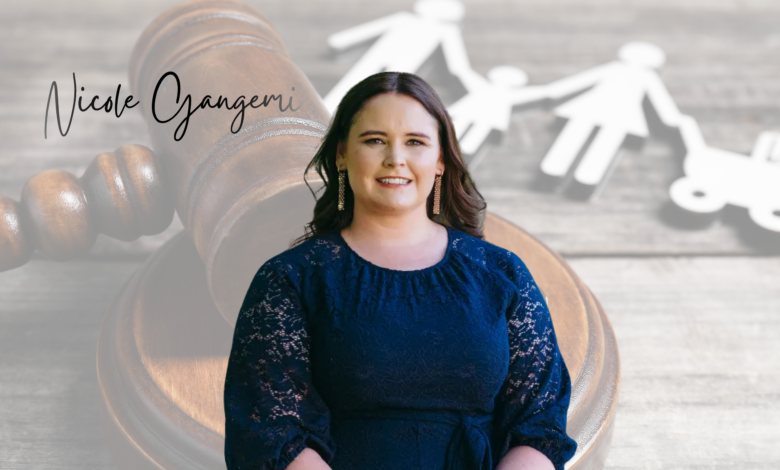
When parents separate, one of the most important decisions is how to best support their children. Many ask:
Will my children be okay? Am I doing the right thing?
Most parents reach their own parenting arrangements, but if needed, they can apply to the family court.  Parenting arrangements generally cover how much time children spend with each parent and who makes major decisions about their lives.
Parenting arrangements generally cover how much time children spend with each parent and who makes major decisions about their lives.
Recent changes to the Family Law Act (effective 6 May 2024) aim to ensure children’s best interests are at the centre of these decisions. One key change is the removal of the presumption of equal shared parental responsibility, which was often misunderstood and misused, sometimes compromising children’s safety.
Now, parents can agree – or the court can order – either joint or sole responsibility for major decisions like health, education, and religion. If joint, parents must consult each other and make genuine efforts to agree.
Importantly, the law does not guarantee a 50/50 time split between parents. Time arrangements must reflect what is best for the individual child.
Factors considered include:
- The child’s relationship with each parent
- Safety and wellbeing
- Each parent’s ability to meet the child’s needs
- The child’s views and cultural background
- Practicality and cost of time-sharing
- Any history of family violence
There’s no one-size-fits-all. Common parenting schedules include week-on/week-off, alternating weekends with midweek visits, or one parent having primary care with the other seeing the child on holidays or special occasions.





